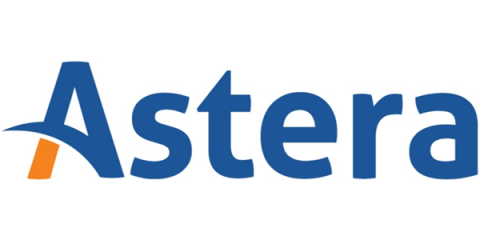Data Management and the Four Principles of Data Mesh
A relatively new term in the world of data management, data mesh refers to the process of creating a single, unified view of all enterprise data. This process can happen in several ways, giving business users easy access to the data they require for decision-making. Several principles guide data mesh design and implementation. This article will discuss the principles of data mesh and how they can help your business get the most out of its data.











